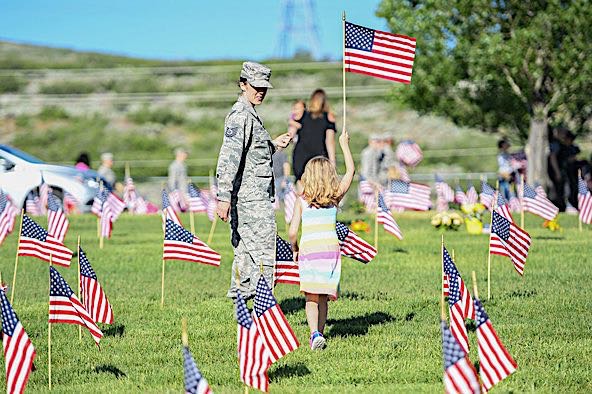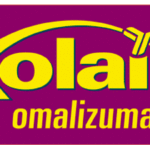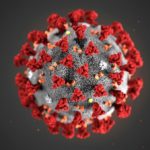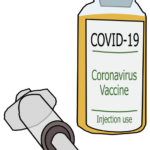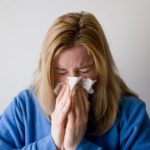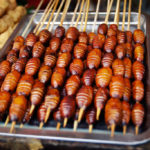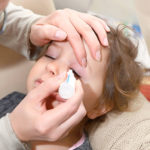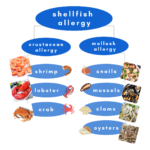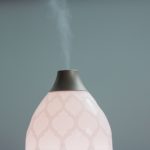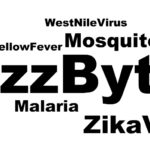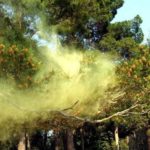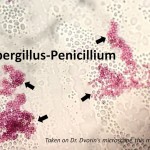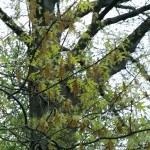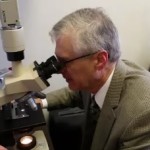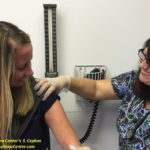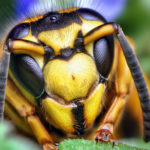Memorial Day Allergy-Friendly Holiday Guide
Memorial Day Weekend is here! Read The Asthma Center’s board-certified allergists’ Memorial Day Allergy-Friendly Holiday Guide to keep the unofficial “start of summer” “sneeze-free.” Happy Memorial Day Holiday Weekend!
Memorial Day Allergy-Friendly Holiday Guide
This Memorial Day Allergy-Friendly Holiday guide from The Asthma Center Allergists is full of tips to help those with allergies, asthma, and sinus problems enjoy all the weekend celebrations and outdoor activities.
Memorial Day Allergy-Friendly Holiday Guide Tip #1: Reduce Pollen and Other Allergy Triggers
- Wear long sleeves and long pants when mowing the grass. Be sure to shower & wash your hair afterwards.
- Limit time outdoors during the early morning hours when the most pollen is released.
- Sleep with windows closed and drive with windows up.
- Wear wrap-around sunglasses or glasses outdoors to limit exposure of pollen to your eyes.
- Avoid wearing contact lenses, or switch to daily disposable contacts to avoid allergens building up on the lenses.
- Beware of tracking grass pollen into your home from overlooked sources that may “sneak” in on kids’ shoes and clothing, pets especially after playing outside in the grass, and on morning newspaper sleeves.
- Shower and wash your hair after extended outdoor exposure. Wash your hands and face frequently, including eyebrows.
- Change your pillowcase often.
Weather Conditions & Allergies
- Pollen and mold spore counts typically are highest during the morning hours.
- Pollen will be heaviest with hot, dry windy conditions.
- Thunderstorms, lightening & wind can all increase pollen in the air after a storm has passed.
- Mold spores thrive with heat and humidity.
Allergy- Friendly Grilling
Memorial Day weekend celebrations often mean “firing up the grill” for picnics and barbecues with family and friends. Did you know that red meat allergy can be triggered by bites from the Lone Star Tick, a variety of tick that is active and prevalent in our region? Learn all the facts in our recent blog Allergic to Red Meat? Lone Star Ticks to Blame.
Allergy – Friendly Gardening
Allergy sufferers who like to garden or are looking to buy flowers for the holiday weekend may experience dificulties around flowers and flowering plants. Fortunately, many flowers produce very little or no pollen. However, it is important to be mindful of the few that cause misery for allergic individuals. Avoid Pigweed, Chamomile, Chrysanthemums, Daisies, Goldenrod, & Sunflowers. For more information on flowers, plants, trees, and shrubs to avoid, check out our Tips for Allergy-Free Gardening & Indoor House Plants.
The “Priming Effect” & Allergies
Dr. Marc Goldstein explains, “The ‘priming effect’ is set up during the early periods of exposure to a pollen (as in the beginning of tree and grass pollen season). Depending on an individual’s level of allergic sensitivity, symptoms typically are experienced with higher levels of pollen. As the season progresses and exposure to the relevant pollen diminishes, “priming” accounts for why less pollen exposure in the air continues to provoke the same allergic misery.” Bottom line: This time of year, if you have allergies, symptoms may be triggered by even limited exposure to pollen and molds, and some individuals may also be more sensitivity to irritants such as pollutants, odors and smells that would not ordinarily cause symptoms.
The Asthma Center would like to take this time to wish all our friends, patients and staff a Happy Memorial Day! This weekend, we remember the men and women in our armed forces who died fighting for our country, and we thank them for their service.

Antihistamines Not Enough Allergy Relief?
If reducing your exposure to pollen in combination with over-the-counter antihistamines and nasal sprays don’t work on your symptoms, it’s still not too late to get relief. A board-certified Allergist can help.
At The Asthma Center, our allergists and pediatric allergists help our patients manage their allergies by determining what local spring allergens cause symptoms. For example, with spring allergies, we identify which local trees (including Oak, Pine, Mulberry and Birch) and grasses (including June, Kentucky Blue, Meadow Fescue, Orchard, Perennial Rye, Redtop, Sweet Vernal and Timothy) trigger allergy symptoms by using minimally invasive in-house diagnostics, like allergy skin testing. Pairing these results with local knowledge of allergy triggers like pollen, ragweed and mold, our allergists develop personalized plans that treat not only the symptoms but also the cause of allergies. And because allergy symptoms often spike with pollen, we know exactly when to adjust allergy medication – providing more relief when conditions are bad and less medication every time else.
The National Allergy Bureau is a nonprofit organization affiliated with the American Academy of Allergy, Asthma, and Immunology that oversees and certifies pollen counting stations across the US. The Asthma Center operates the only certified pollen and mold stations in the Delaware Valley, with one location in Philadelphia and the other in South Jersey (Mount Laurel, NJ). You can follow our local pollen counts on our website, Facebook page, and direct to your inbox by subscribing for free here.
The Asthma Center is the Delaware Valley’s Official Pollen and Mold Spore Count Station
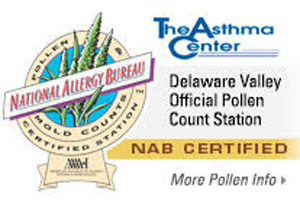
Our allergists, pediatric allergists, and asthma specialists treat patients in 9 convenient locations throughout the Delaware Valley.
PA: (215) 569-1111 ![]() NJ: (856) 235-8282
NJ: (856) 235-8282
Center City Philadelphia • Society Hill Philadelphia • Northeast Philadelphia
The Main Line – Bala Cynwyd PA
Mt. Laurel NJ • Woodbury NJ • Hamilton – Princeton NJ • Forked River NJ
The health information contained in this article is meant for basic informational purposes only. It is not intended to serve as medical advice, substitute for a doctor’s appointment or to be used for diagnosing or treating a disease.
For interviews and tours of the Delaware Valley’s only certified pollen and mold spore stations for the National Allergy Bureau (NAB) certified pollen, ragweed, and mold spore counting stations in Philadelphia, PA and Mt. Laurel, NJ, please email gwoodlyn@asthmacenter.com.
If interested in purchasing historical pollen and mold spore counts, please email gwoodlyn@asthmacenter.com for information.
Recent
Popular

